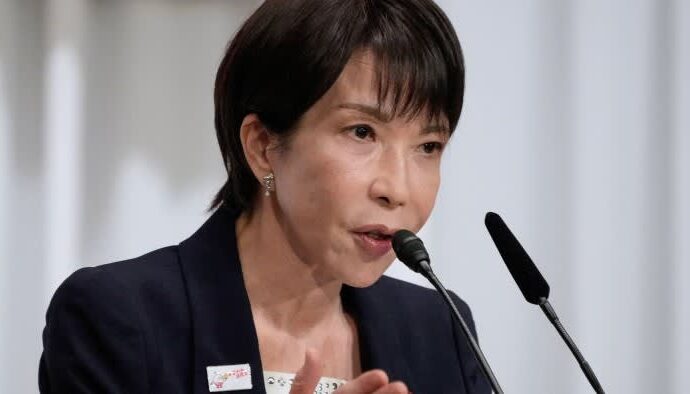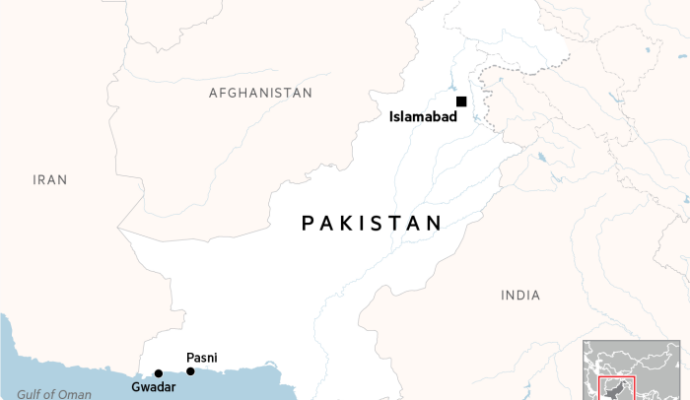Unlock the Editor’s Digest for free
Roula Khalaf, Editor of the FT, selects her favourite stories in this weekly newsletter.
For more than three decades, Thai political heavyweight Thaksin Shinawatra enjoyed close and warm ties with Cambodian strongman Hun Sen, with the two men even referring to each other as “god brothers”.
Now that relationship has soured, fuelling clashes on the Thailand-Cambodia border that have claimed at least 15 lives and complicating efforts to bring the south-east Asian neighbours back from the brink of war.
Thaksin, a former Thai prime minister and the power behind the current governing Pheu Thai party, this week rejected mediation offers by third countries, citing the need to punish Hun Sen.
“We probably need to let the Thai military do its duty and teach Hun Sen a lesson about his cunning ways first,” he said in a post on social media site X.
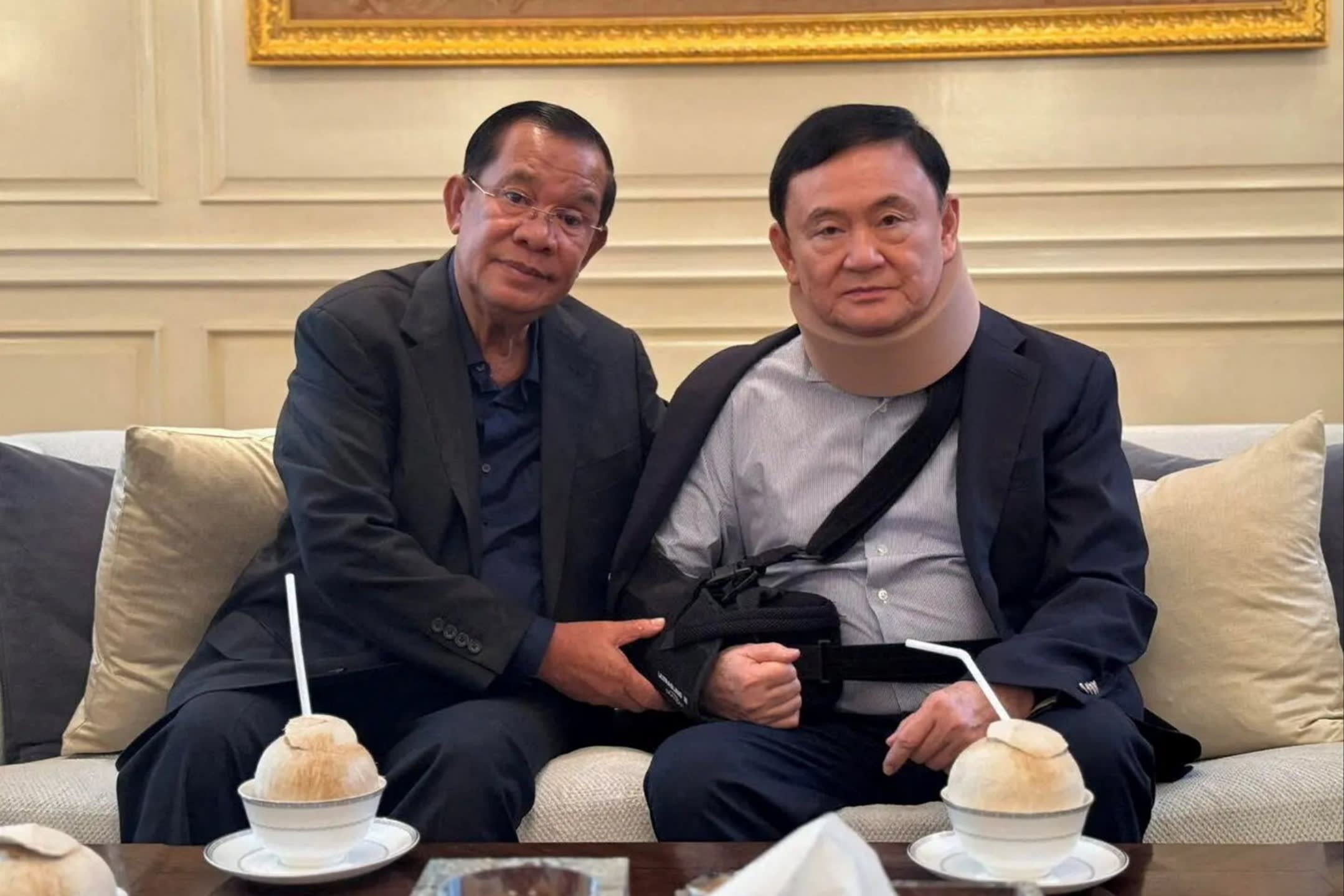
While fighting has over the years erupted sporadically along the 800km border, analysts say that what appears to be a personal feud between Thaksin and Hun Sen, whose son Hun Manet succeeded him as Cambodian prime minister in 2023, is making the current conflict more volatile.
Hun Sen, responding on X to what he called Thaksin’s “warlike tone”, said the former Thai prime minister’s remarks underscored Bangkok’s “military aggression”.
“Under the pretext of taking revenge on Hun Sen, he is resorting to war,” he wrote.
Thailand and Cambodia have long held competing territorial claims over ancient temples and surrounding areas along their border. A brief exchange of fire in late May at one of the contested sites caused the death of a Cambodian soldier and provoked nationalist feelings in both countries.
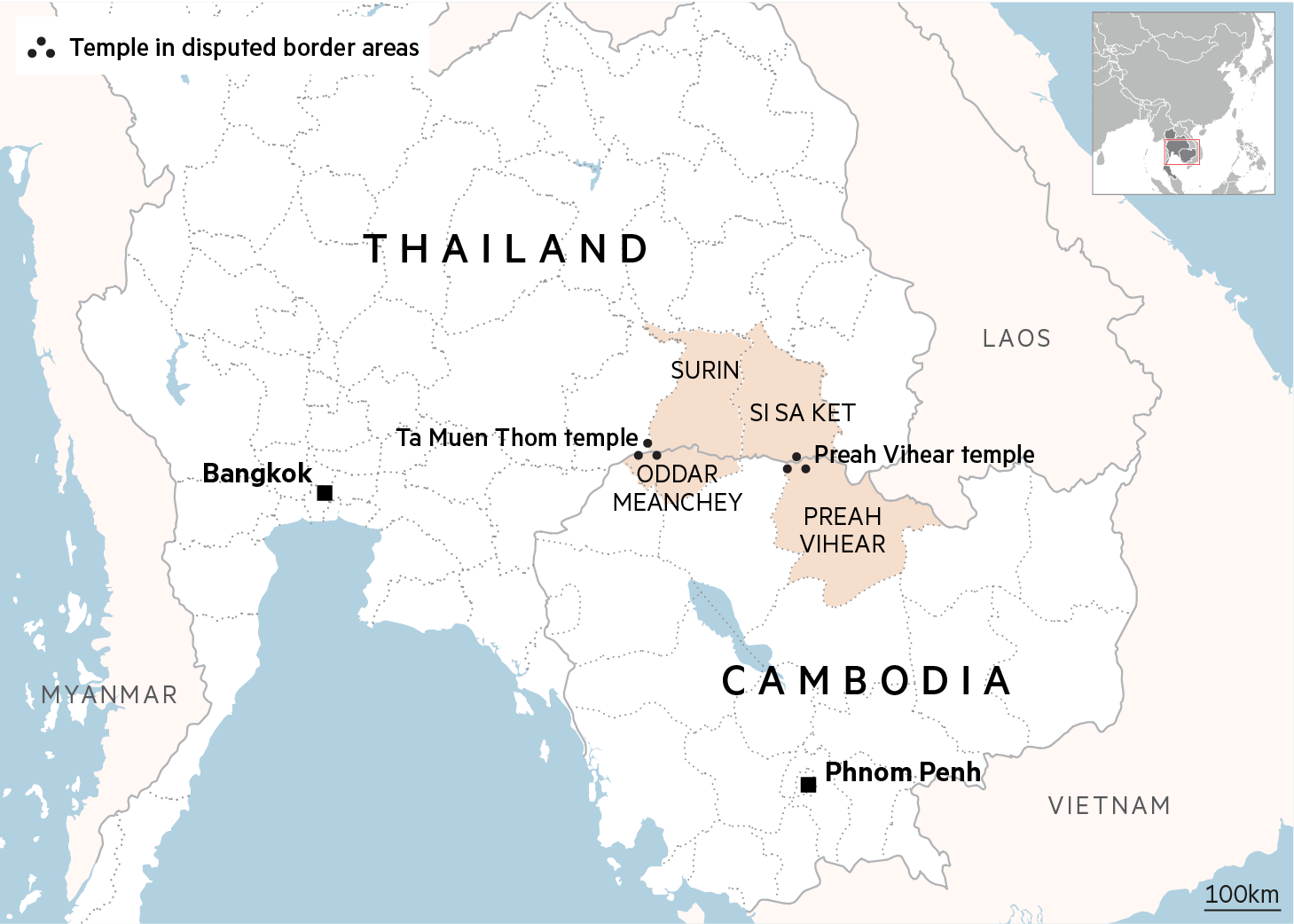
This week’s clashes, which have included Cambodian artillery and rocket bombardments and Thai air strikes, are already the bloodiest between them in more than a decade. They follow a political crisis in Thailand that has put Thaksin’s Pheu Thai party under siege.
Thailand’s constitutional court this month suspended Thaksin’s daughter Paetongtarn Shinawatra as prime minister over a controversial phone conversation on rising border tensions between her and Hun Sen that was leaked by the Cambodian strongman.
In the call, Paetongtarn spoke in a conciliatory tone with Hun Sen and blamed the Thai military for the tensions, sparking a huge backlash and prompting accusations that the Shinawatras were putting their own interests ahead of Thailand’s.
“The Thai political leadership and the Cambodian political leaderships are entangled, and that kind of feeds the perception in Thailand that there is a degree of self-interest in the Thai government dealing with Cambodia,” said Tita Sanglee, an associate fellow at the Iseas-Yusof Ishak Institute.
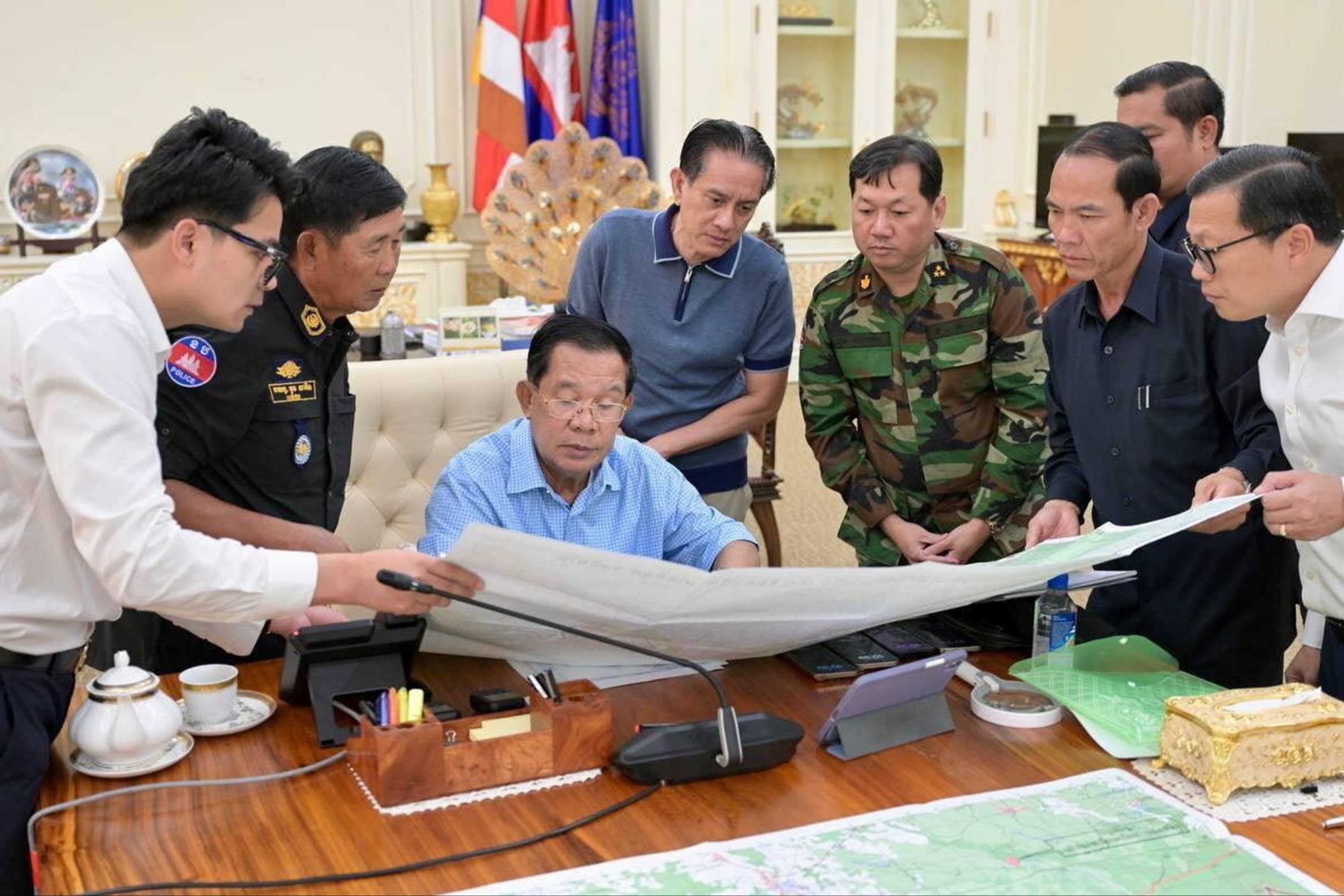
But the controversy over the phone call had made Pheu Thai party members more willing to take a tough line towards Phnom Penh, Tita said.
“The fallout gives the [Thai] government more resolve to act against Cambodia,” she said.
The feud between Thaksin and Hun Sen is a remarkable turnaround. Just last year, Hun Sen was among the first foreign dignitaries to visit Thaksin after he returned to Thailand from 15 years in exile. Thaksin and his family have often sought refuge in Cambodia when under political pressure in Thailand. After Thaksin was toppled in a Thai military coup in 2006, Hun Sen even made him an economic adviser to the Cambodian government.
Analysts say Hun Sen and Cambodia are making the most of the political instability in Thailand, where the military has repeatedly clashed with the populist Thaksin and his allies for years. Pheu Thai partnered with conservative parties to govern the country after the 2023 general election but their relationship has frayed again since.
“Hun Sen, as ever, appears to continue to outsmart and outlast his opponents. He seems to have read the political tea leaves in Thailand correctly and decided the Shinawatra connection is expendable,” said Susannah Patton, director of the Lowy Institute’s south-east Asia programme.
Patton said the Thai political uncertainty and Cambodia’s assertiveness could make the conflict “less manageable” than in 2011, when the two countries last engaged in fighting.
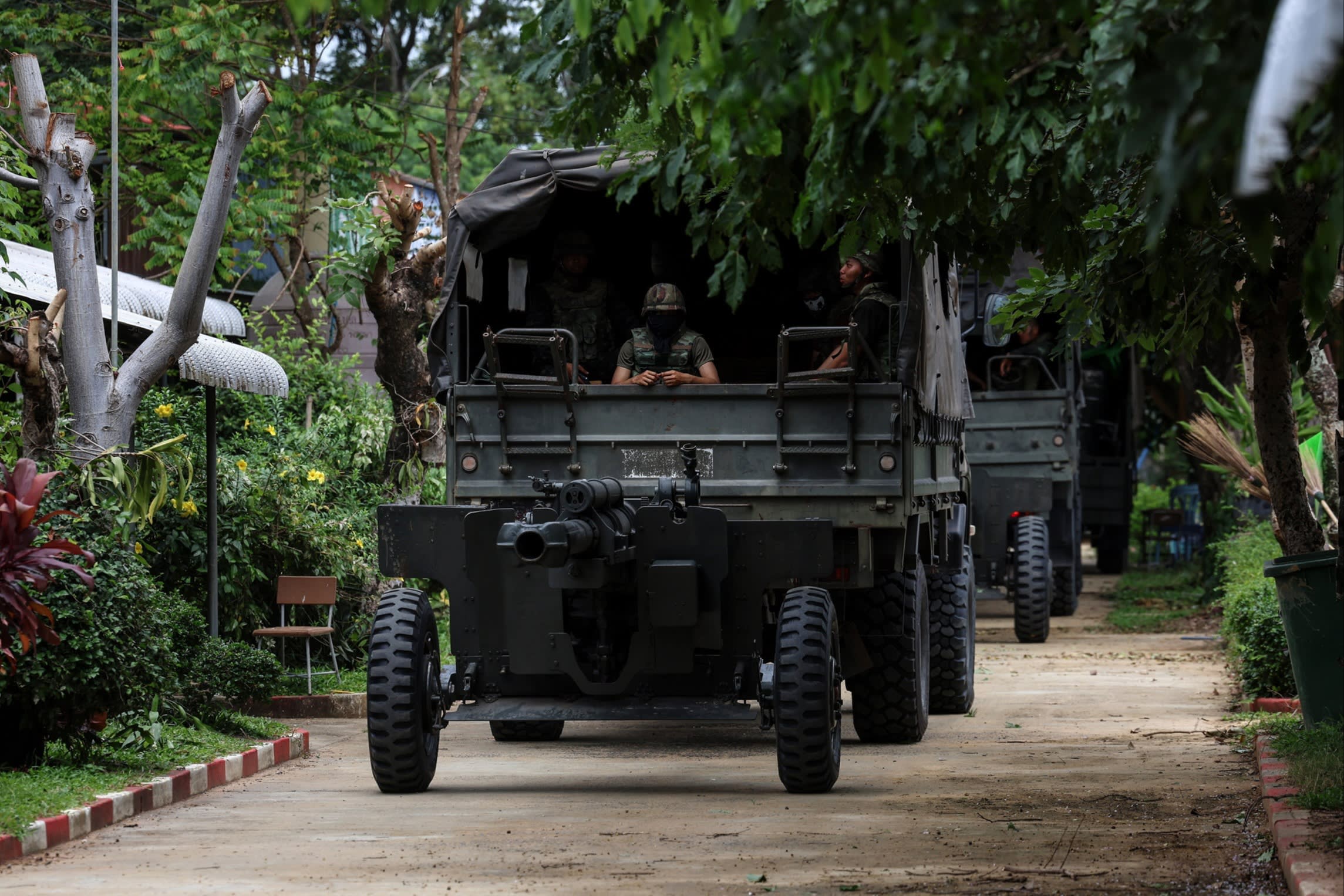
“Cambodia has been the recipient of large-scale Chinese military assistance over the past decade, meaning it may feel more confident to push more assertively against its larger neighbour,” she said.
In May, Cambodia and China held their largest joint military exercise, deploying advanced military equipment including drones and robot battle dogs and nearly 900 Chinese military personnel.
China, which has called for the border conflict to be resolved through dialogue, is also Cambodia’s largest investor, pumping in around $34bn in FDI last year.
While analysts say Thailand’s armed forces remain considerably more powerful, Hun Sen has claimed the balance has shifted since 2011.
“Cambodia is fully prepared for combat . . . Do not boast of your superior military power,” the Cambodian strongman said this week.
Peter Mumford, south-east Asia head for Eurasia Group, said the conflict would strengthen Thailand’s already powerful conservative royalist-military establishment, though the military currently appeared unlikely to seize direct control of the government.
“The border clash will likely stay largely contained and probably not be prolonged, but there is a non-negligible risk that further incidents spark a wider conflict as nationalist sentiments grow on both sides,” he said.
